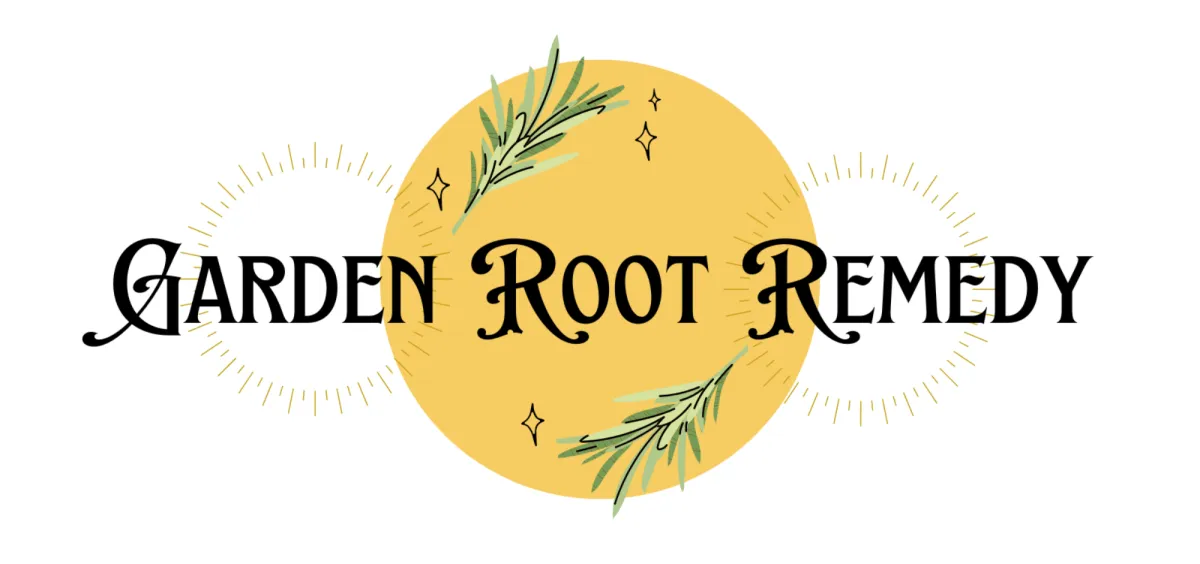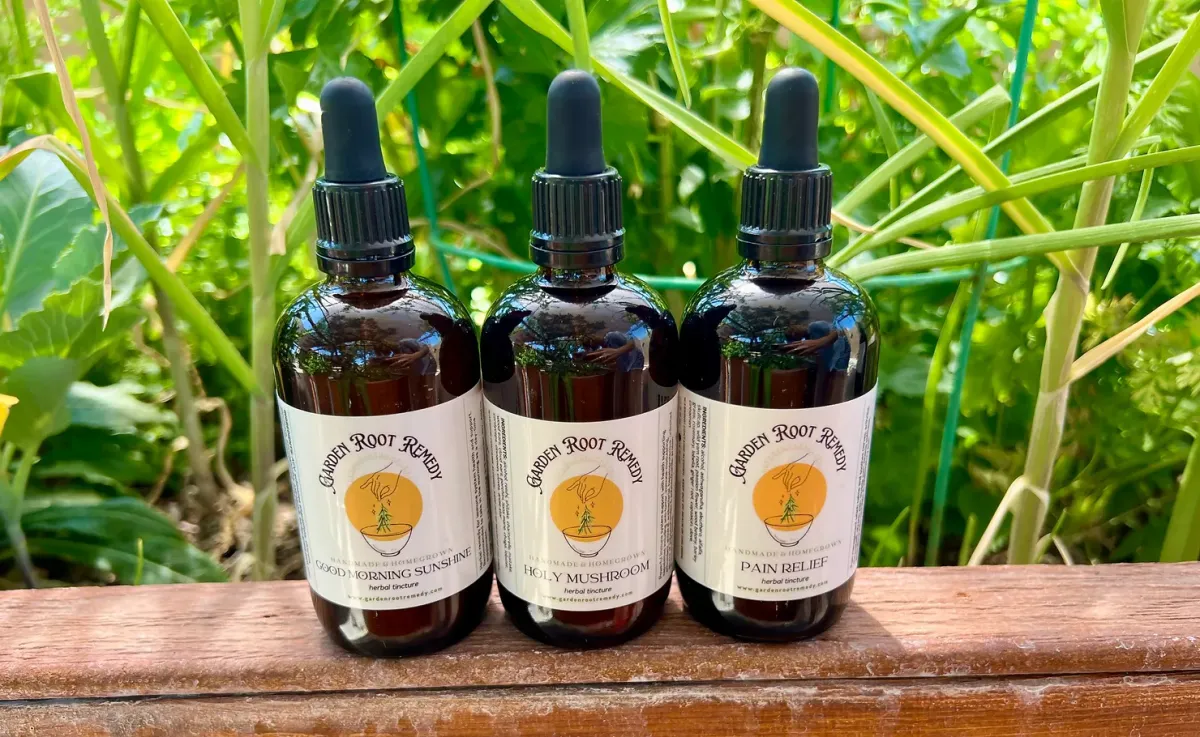
READ ABOUT IT:
Healthy Herbal Living

A Deep Dive into Medicinal Herbal Tinctures
A Deep Dive into Medicinal Herbal Tinctures
Tinctures are a foundational element in herbal remedies for general wellness and specific chronic conditions. We'll explore how they work in our bodies and key concepts, including extraction, concentration, absorption, customization, and convenience.
The medicinal properties of tinctures are extracted from herbs or other plant materials to create liquid extracts. These extracts contain active compounds like beneficial phytochemicals, vitamins, and minerals, extracted using alcohol, apple cider vinegar, water, or oils. This extraction process concentrates the medicinal properties of the herbs into a potent liquid form.

Does this mean that capsules and teas are ineffective? Absolutely not! Capsules come in several different sizes and the mg concentration can differ due to the size of the capsule used and quality of herbs. Potency may be lower with capsules compared to tinctures due to the processing involved in creating the powdered form and the path that it needs to take to be absorbed into the bloodstream once it enters the stomach. For teas, potency can vary depending on factors such as the type of herb, the brewing time, and the water temperature. Teas generally offer a milder potency compared to capsules and tinctures, as the active compounds are diluted in the water. However, teas can still be effective for gentle and gradual support of overall wellness, and they offer hydration benefits as well.
A small amount of tincture contains a high concentration of the herb's active constituents, making them effective at delivering therapeutic benefits in relatively small doses. Tinctures are absorbed into the bloodstream through the mucous membranes in the mouth, allowing for rapid absorption and distribution of the active compounds throughout the body. As a result, tinctures can provide quick relief and have a faster onset of action compared to other forms of herbal preparations.
Customizable dosing is also a benefit of tinctures. Since they are highly concentrated, you can easily adjust the dosage to suit individual needs by diluting the tincture with water or another liquid. This allows for precise dosing and customization based on factors such as age, weight, and specific health concerns. This is great also for treating children with smaller dosing needs.

Medicinal tinctures are versatile and can be used in various ways, including oral ingestion, topical application, or added to beverages or food. Their liquid form also makes them easy to carry and administer, making them a convenient option for everyday use. We offer over 30 different types of herbal tinctures that assist with hormone balancing, stomach or digestion relief, chronic pain, arthritis, anxiety or stress, and so much more!
In summary, while capsules, teas, and tinctures all have their unique benefits and uses, tinctures generally offer the highest potency and fastest absorption due to their concentrated liquid form. However, the most suitable form of herbal remedy may vary depending on individual preferences, health needs, and specific circumstances. It's always a good idea to consult with a healthcare professional or herbalist to determine the best option for you.
Be Well & Take Care!
Maria Nasta, MSN, FNP-C
Owner, Clinical Herbalist
"Rooted in Nature, Blooming with Wellness."

Originally published: May 16, 2024
FDA warning: This statement has not been evaluated by the Food and Drug Administration. This product is not intended to diagnose, treat, cure, or prevent any disease.
Always check with your doctor before using a new product or supplement if you have any questions or concerns about how a product may affect your current health, medications, pregnancy, or breastfeeding.
